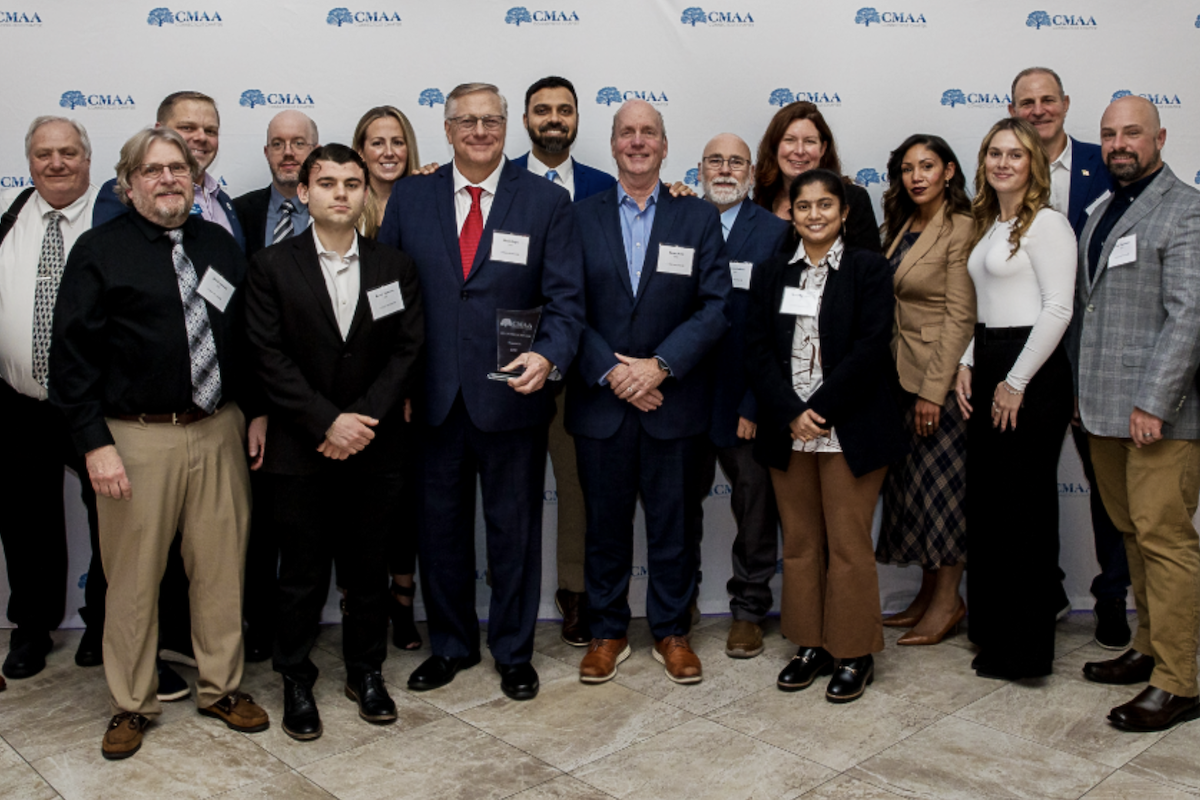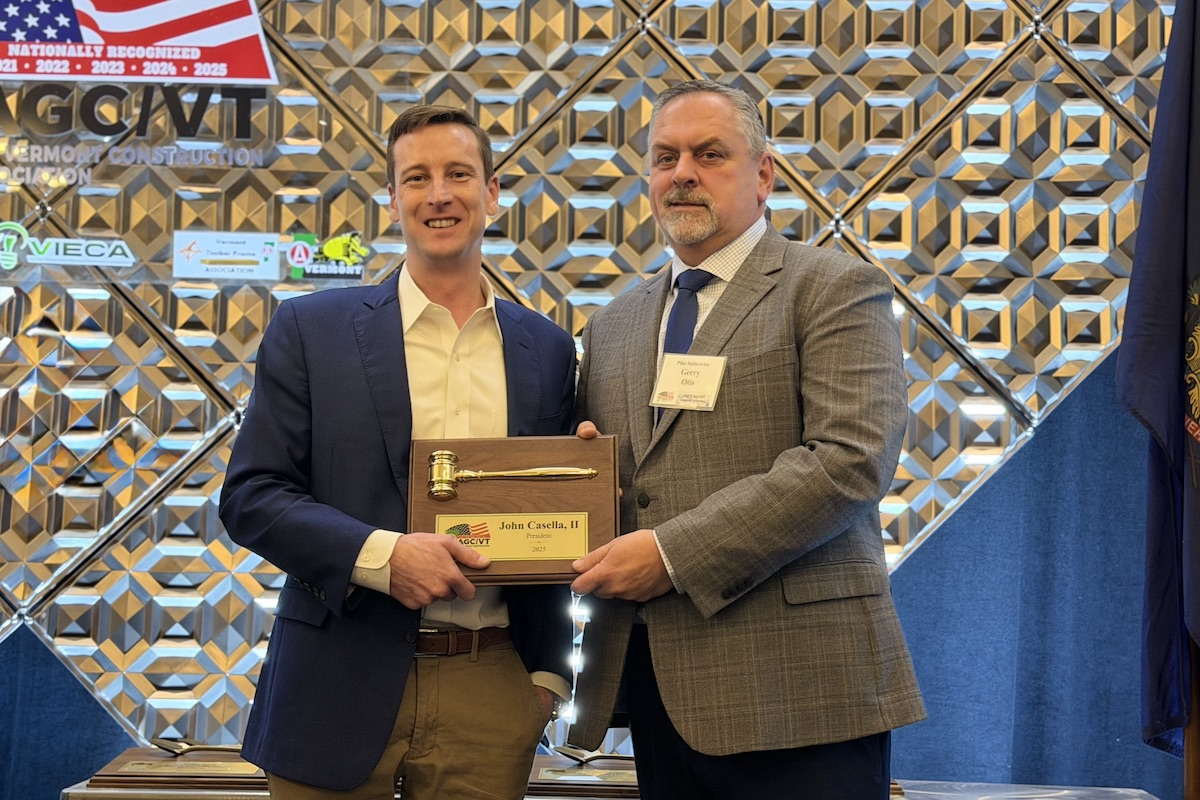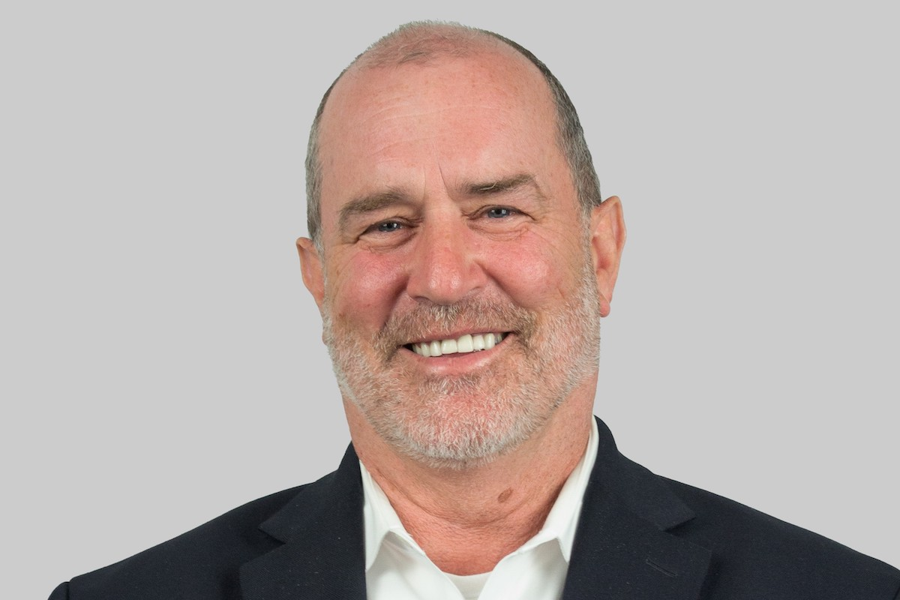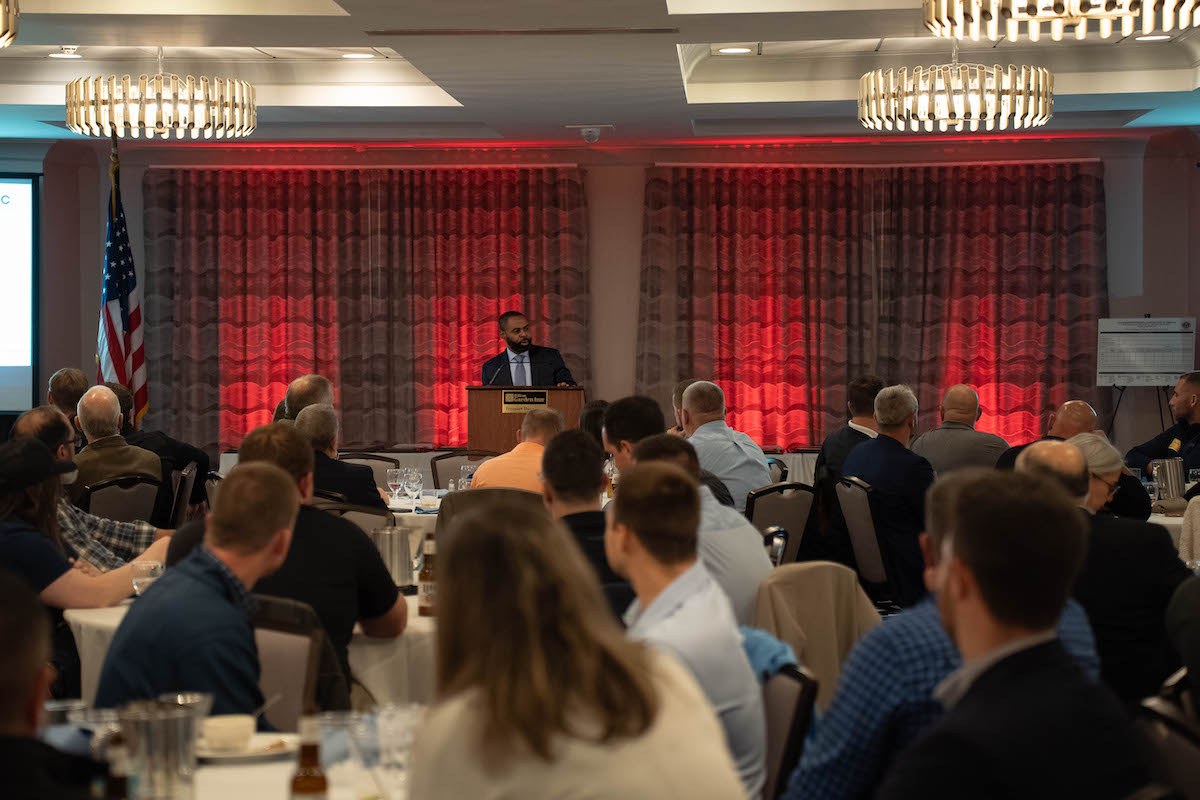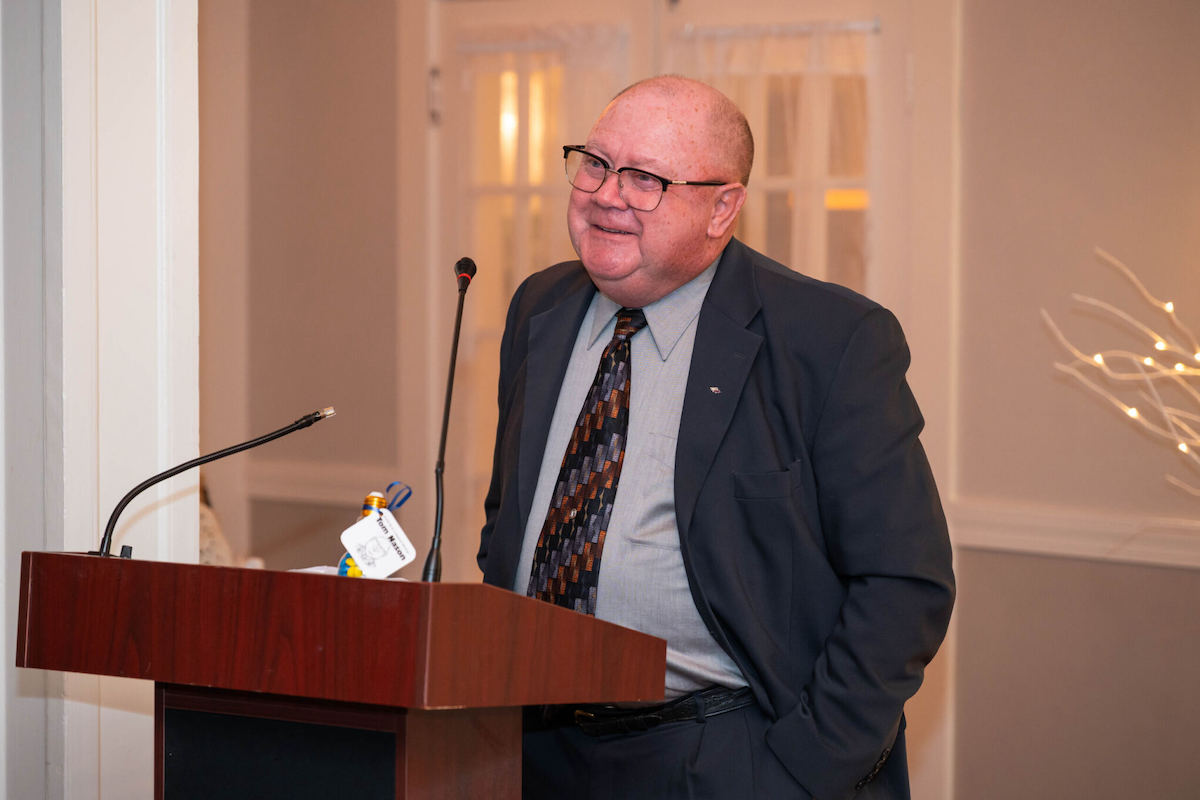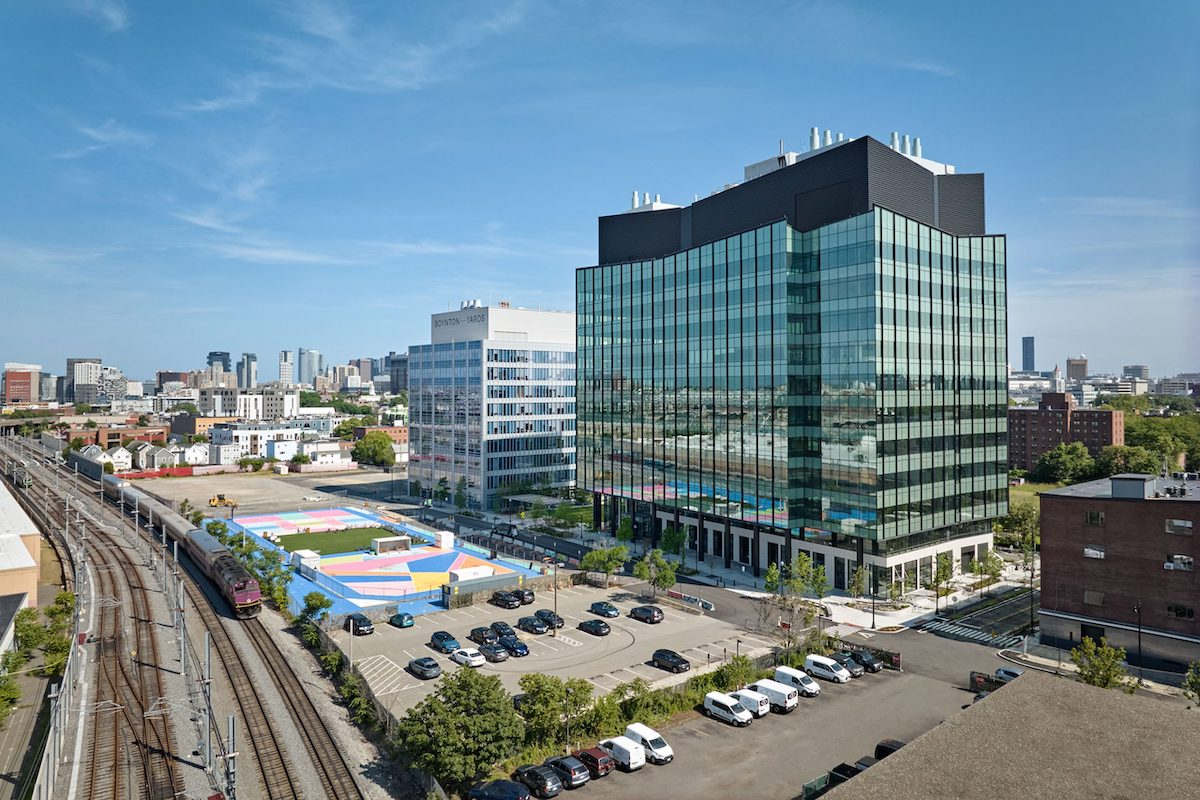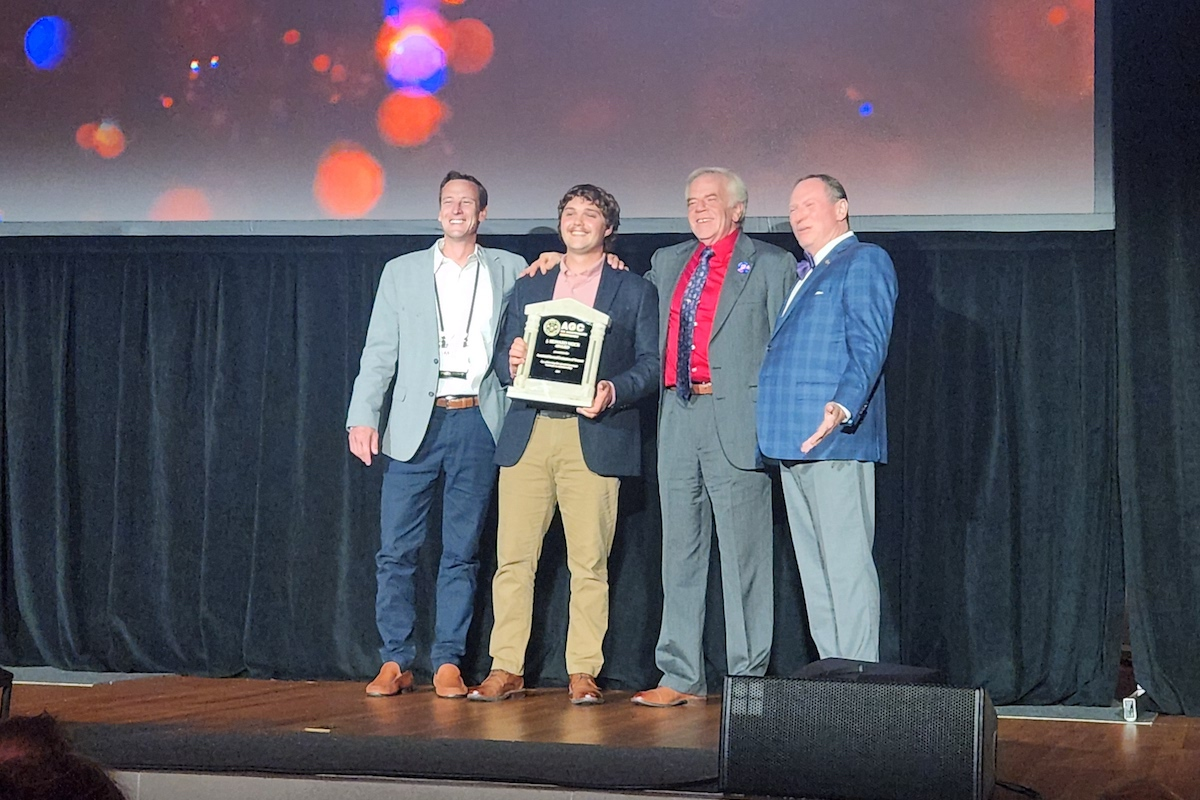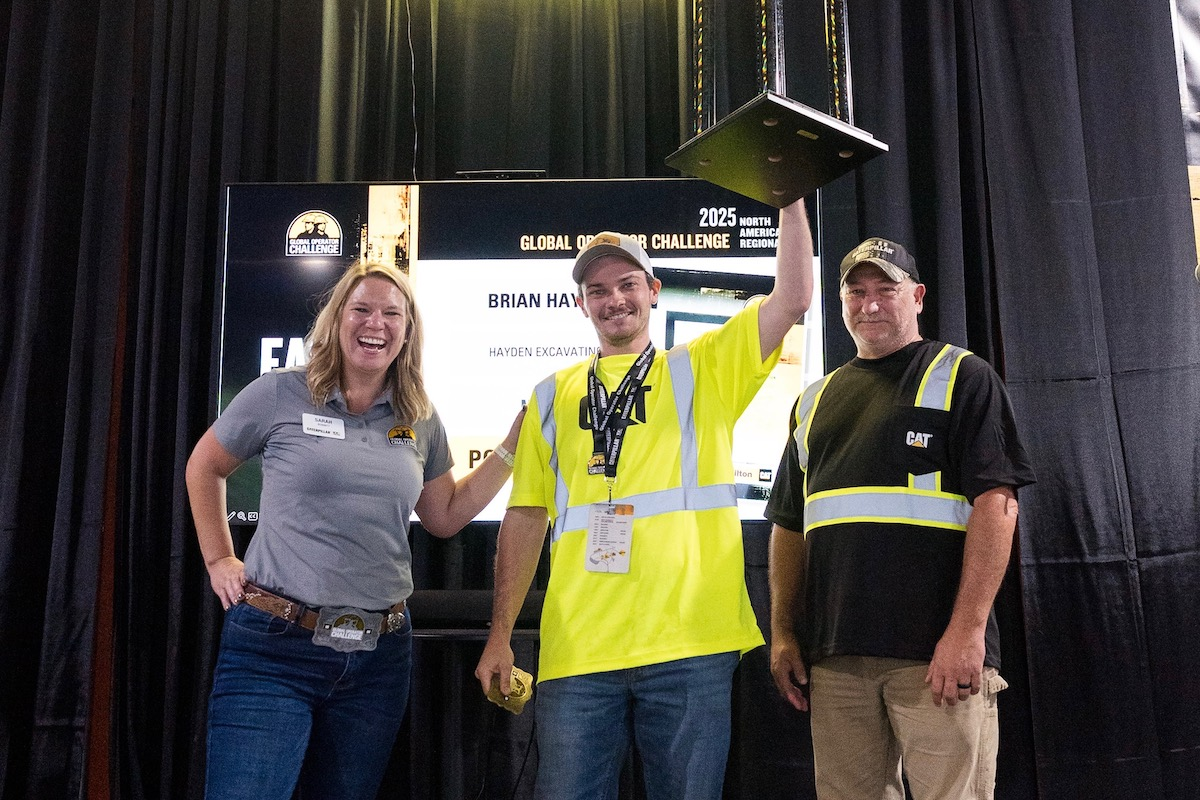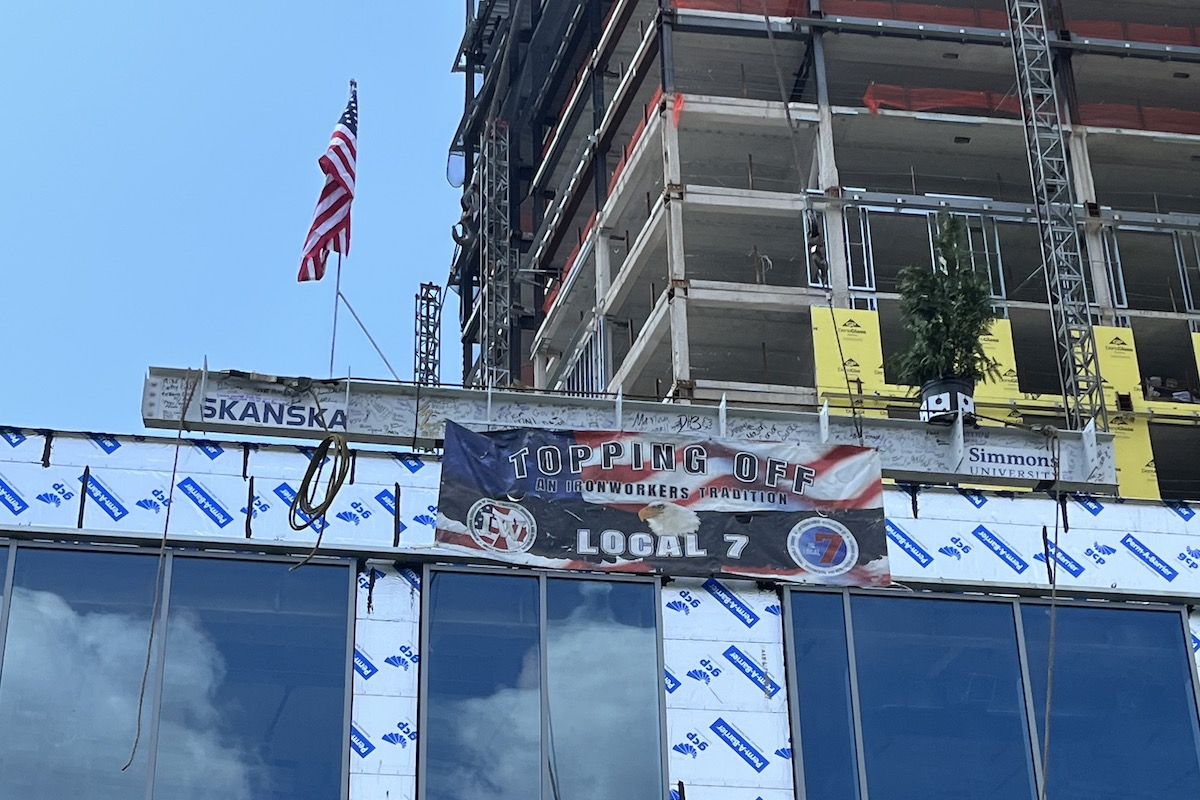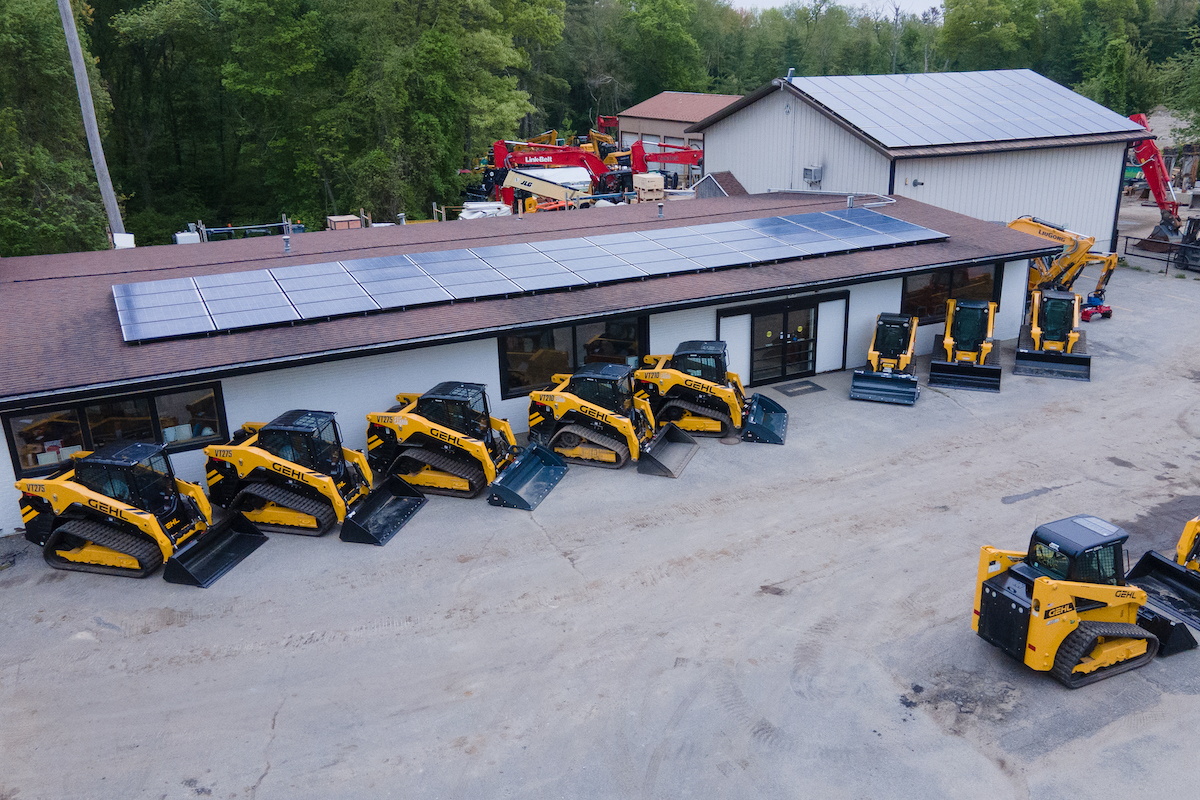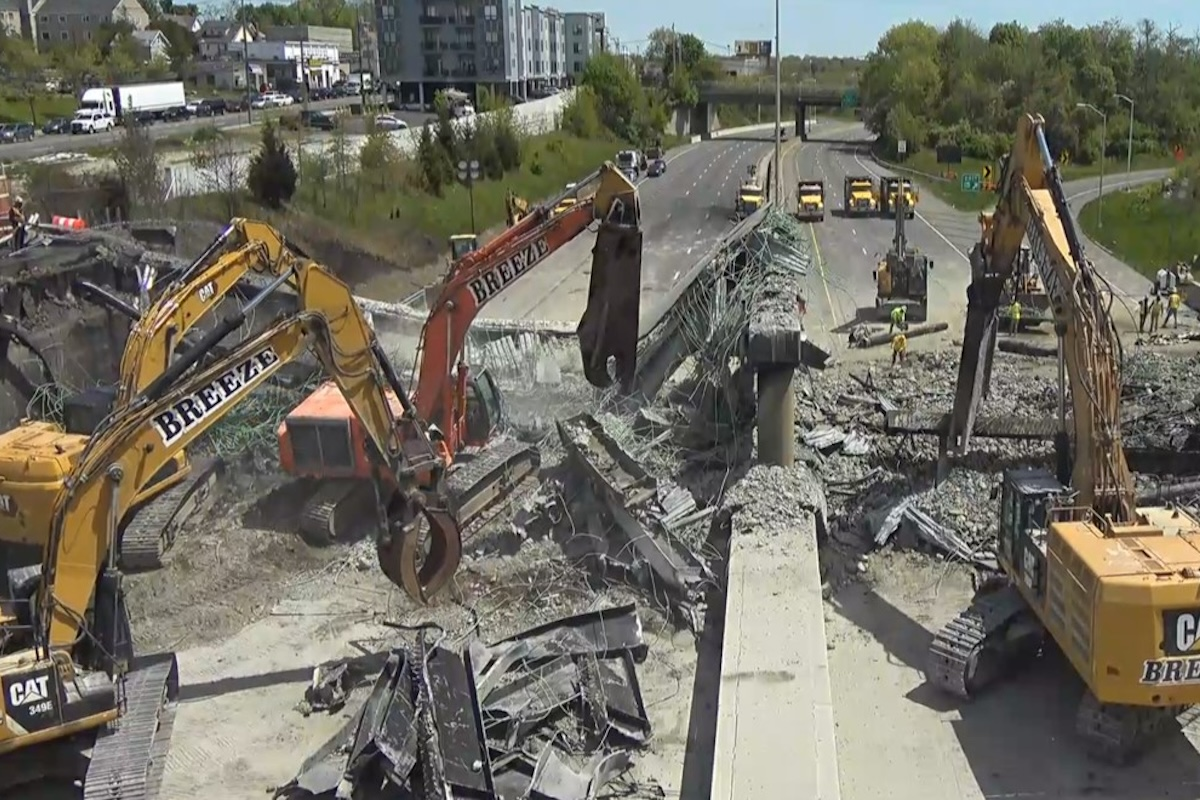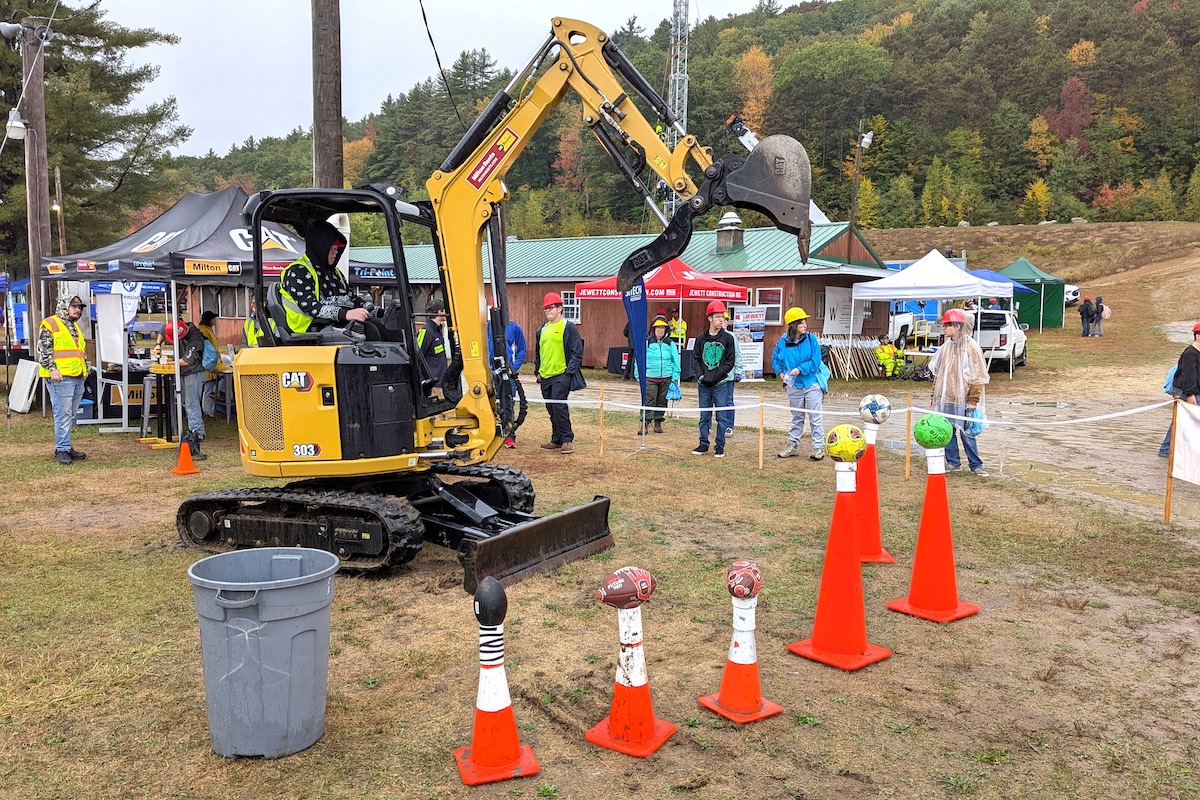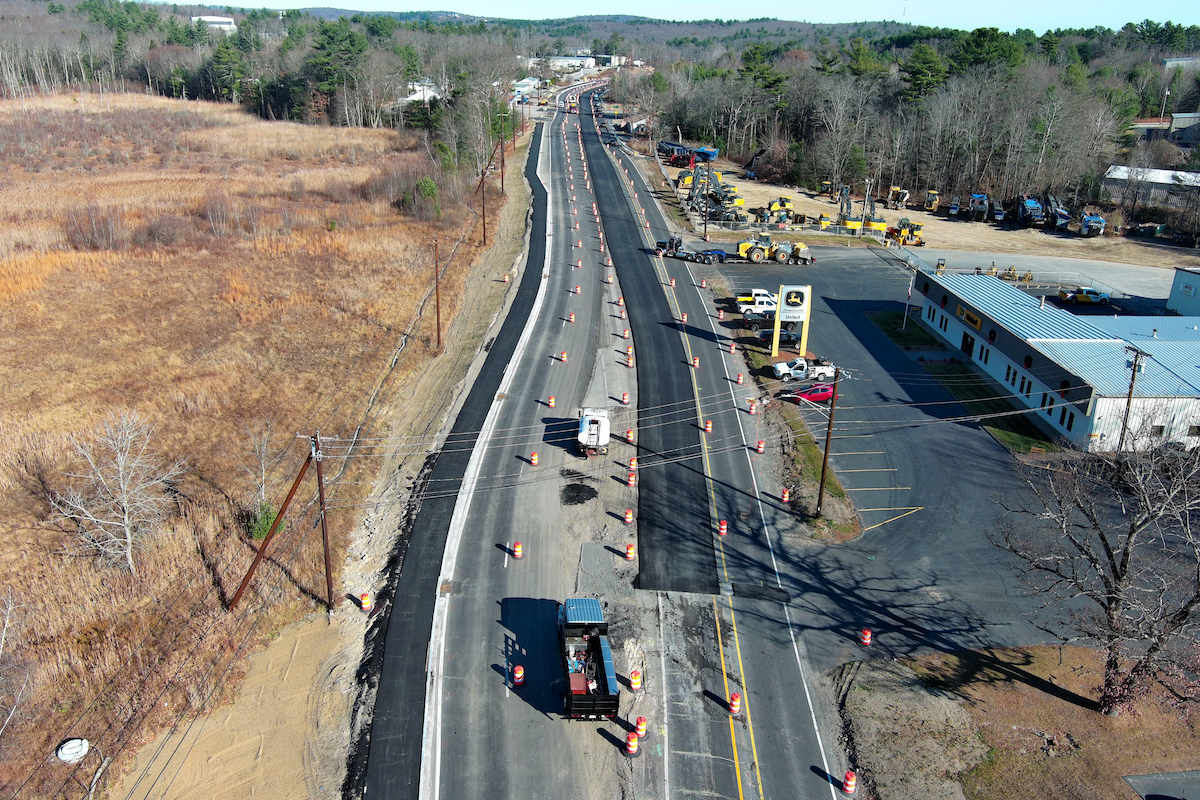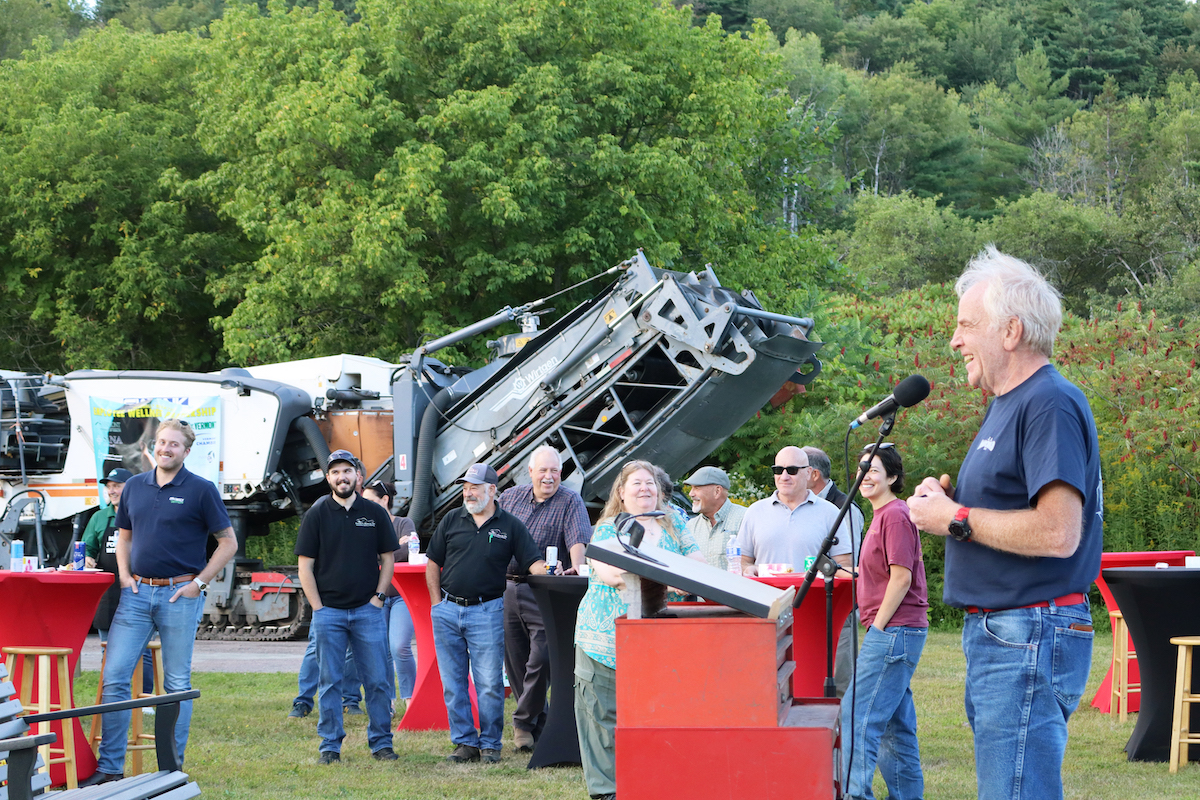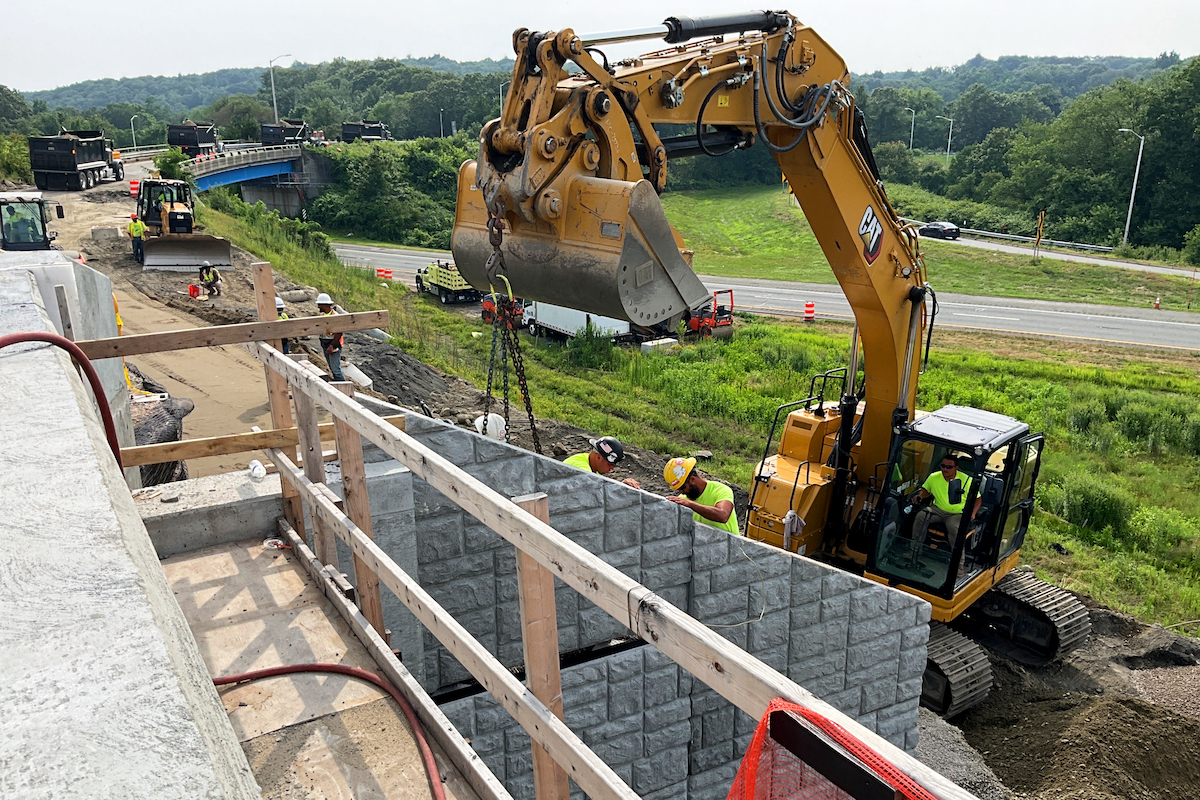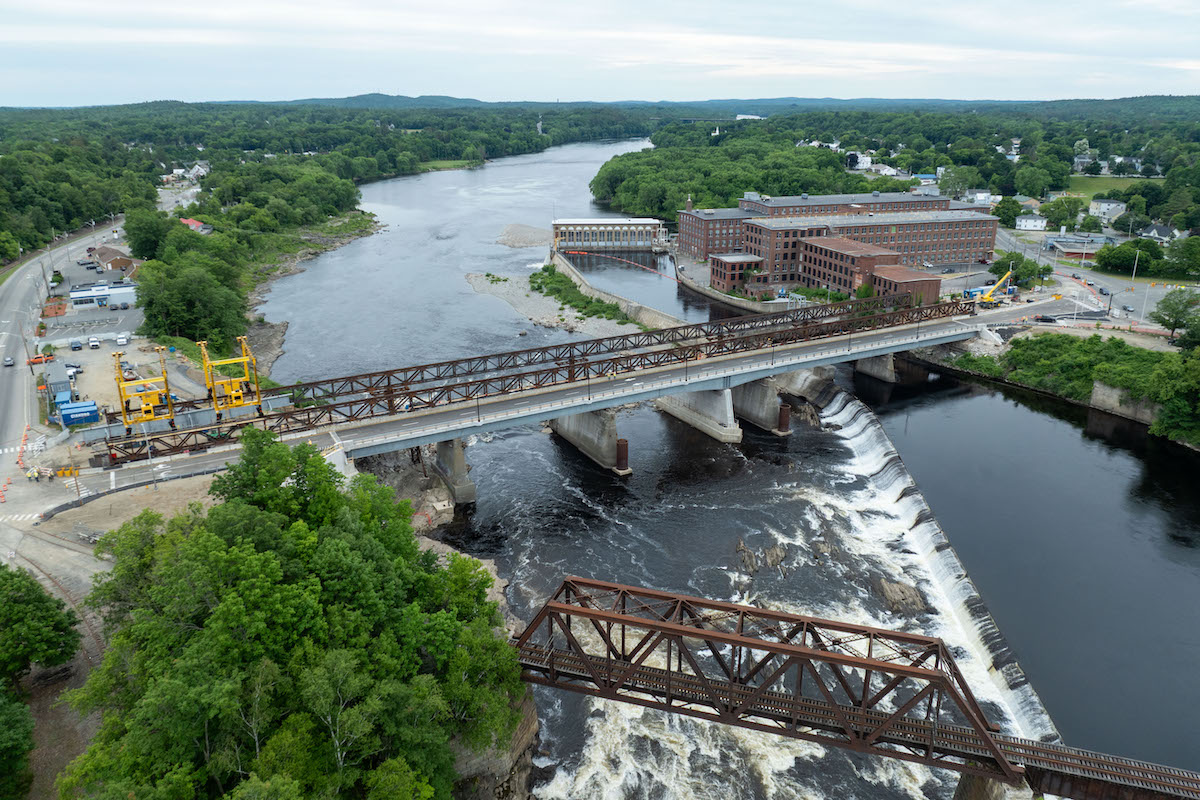To support its commitment to carbon neutrality, Chapman has calculated its operational carbon footprint, is shifting away from fossil fuels, and is fully electrifying its already LEED Platinum-certified headquarters. They will accomplish this by further minimizing building energy demands, replacing fossil fuel fired equipment with electrically powered equipment, and generating enough onsite clean renewable energy to meet their electricity demand, resulting in net zero emissions. Chapman already owns a fleet of hybrid and electric vehicles for its team to use during job site travel. Following EPA’s Scope 1 and 2 corporate protocols, Chapman will eliminate direct emissions from sources such as natural gas for heating equipment, gasoline and diesel for fleet vehicles, fugitive emissions from cooling equipment, and indirect emissions from purchased electricity.
“We have a fundamental responsibility to care for our environment and the communities in which we live and work. They do not exist for our benefit; we could not exist without them,” said Jack Hall, CEO at Chapman. “To this end, we have created a core group of individuals who will be responsible for developing, implementing, and maintaining sustainable practices and procedures throughout our organization. Led by John Hyde, this group will prioritize engaging and interacting with partners whose sustainability values and approaches align with ours. Together, we can minimize the impact of construction on our environment.”
Chapman recognizes construction is a large contributor to climate change and that reducing total carbon is of vital importance. Beyond its corporate commitments, Chapman is taking steps to address embodied carbon emissions, to support clients in achieving their carbon neutral commitments. They are evaluating material selections and construction methods for ways to reduce embodied carbon, paying particularly careful attention to air sealing and insulation details.
Promoted to re-invigorate and advance Chapman's sustainability goals, including its Carbon Neutral 2030 plan, Hyde previously served as a resource on many of the company’s sustainable construction projects. In this new role, he will continue to support clients and begin advancing corporate sustainability goals.

| Your local Hyundai dealer |
|---|
| Equipment East |
“John’s top priority is to advance our sustainability framework, which includes oversight of Chapman's Carbon Neutral 2030 Plan, leading our sustainability group, and instilling sustainability into the Chapman culture,” Hall said. “He will also begin taking a more strategic role and assess projects for opportunities to make them more sustainable, including measuring and reducing embodied carbon. We are excited to see John take this passion to the next level and expand sustainability throughout every facet of the company.”
Since joining Chapman in 2011, Hyde has been involved with net zero projects for the Southeast Land Trust and Mass Audubon. Hyde is currently working on Element Care’s PACE Center, which is Chapman’s first Passive House project.
Hyde earned a Bachelor of Science in construction management/wood products engineering from the College of Environmental Science and Forestry at the State University of New York. He is a Passive House Institute U.S. Certified Builder, a LEED Accredited Professional - BD+C, and a Fitwell Ambassador. In addition, he serves on the Energy and Sustainability Committee for the Town of Sherborn, Massachusetts.














